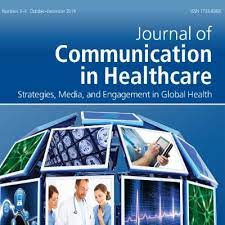We analyzed survey data from unvaccinated Facebook users (N = 371) living in the US between January and April 2022. Participants were randomly assigned to Facebook discussion groups (intervention) or referred to Facebook’s COVID-19 Information Center (control). We used Analysis of Covariance to test if the intervention was more effective at changing vaccination intentions and beliefs compared to the control in subgroups based on participants’ partisan identity, political views, and information trust views.
We found a significant interaction between the intervention and trust in public health institutions (PHIs) for improving intentions to vaccinate (P = .04), intentions to encourage others to vaccinate (P = .03), and vaccine confidence beliefs (P = .01). Among participants who trusted PHIs, those in the intervention had higher posttest intentions to vaccinate (P = .008) and intentions to encourage others to vaccinate (P = .002) compared to the control. Among non-conservatives, participants in the intervention had higher posttest intentions to vaccinate (P = .048). The intervention was more effective at improving intentions to encourage others to vaccinate within the subgroups of Republicans (P = .03), conservatives (P = .02), and participants who distrusted government (P = .02).
Facebook discussion groups were more effective for people who trusted PHIs and non-conservatives. Health communicators may need to segment health messaging and develop strategies around trust views.
Read the entire study in Journal of Communication in Healthcare.


